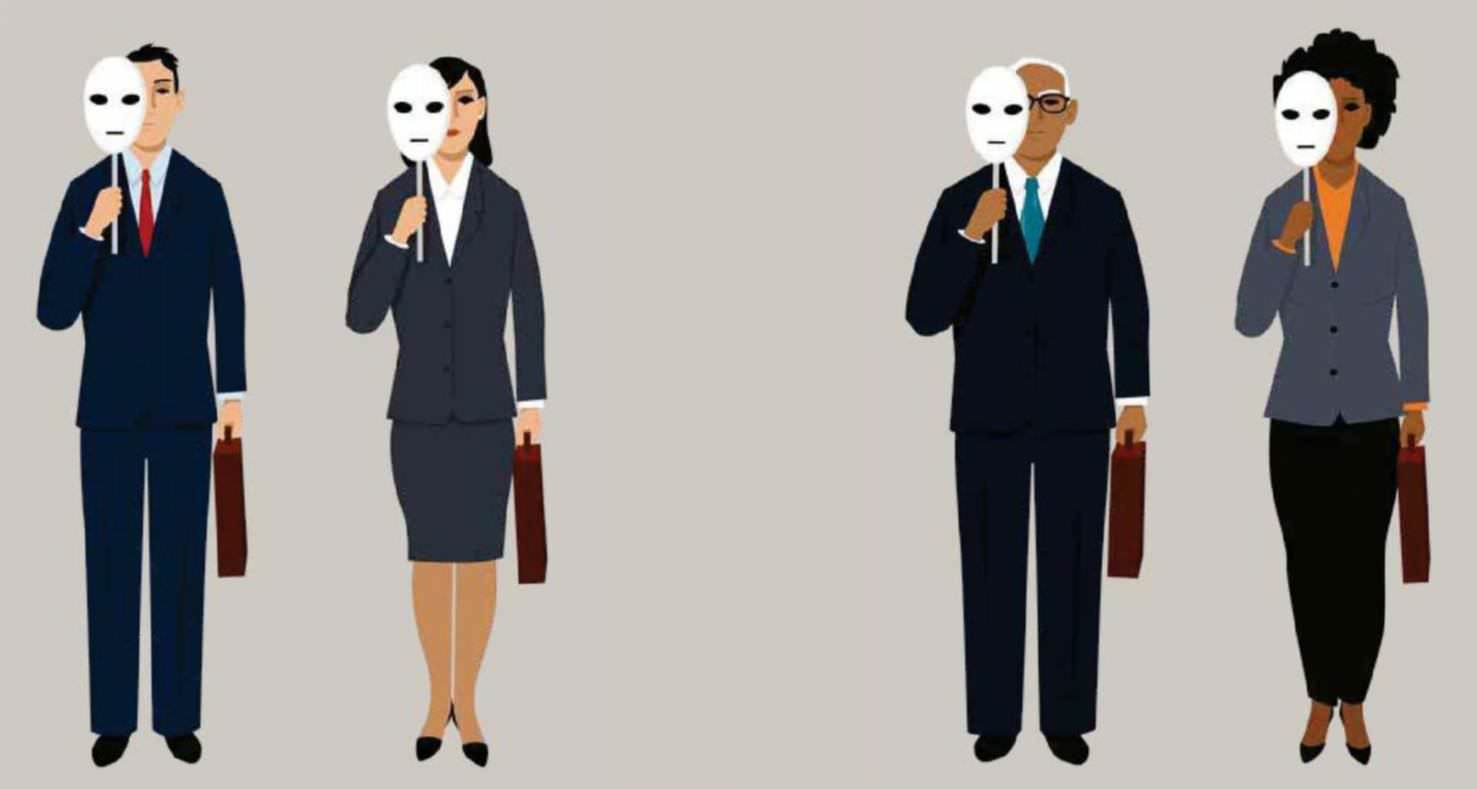Understanding your thinking habits makes connecting with others easier

The world, as a global village, is becoming progressively more diverse. Whether the movement of people has to do with emigrants fleeing their country of origin or people who prefer to stay in a new environment, there is no doubt that societies and cultures are becoming more interwoven.
Within a multicultural context, even outside their country of origin, people seem to find it more comfortable and easier to socialise with those with whom they share values, history, language, habits and beliefs.
In exceedingly diverse societies like South Africa, deep divisions between groups may allow for a variety of thinking habits to develop about each other. To achieve the united country we have been striving for, we must be conscious of these habits and actively work to avoid them.
We all use thinking habits and biases to make decisionmaking easier. People seldom have all the facts, nor can they comprehend all the facts, even if they wanted to. Herbert Simon called this our ‘bounded rationality’. We like to think of ourselves as rational, but every one of us must rely on a wide range of assumptions to cope with the overwhelming complexity of day-to-day decisionmaking.
Denne historien er fra September 2018-utgaven av Skyways.
Start din 7-dagers gratis prøveperiode på Magzter GOLD for å få tilgang til tusenvis av utvalgte premiumhistorier og 9000+ magasiner og aviser.
Allerede abonnent ? Logg på
Denne historien er fra September 2018-utgaven av Skyways.
Start din 7-dagers gratis prøveperiode på Magzter GOLD for å få tilgang til tusenvis av utvalgte premiumhistorier og 9000+ magasiner og aviser.
Allerede abonnent? Logg på

Fit For Purpose
Changing legislation offers a range of opportunities in the health sector

Good For Grinches
Finally! A holiday season Scrooge himself can invest in

A Paradise In The Wilderness
Visitors find freedom at Treedom on the Garden Route

Do It For The Kids
Parenting styles play an important role in helping children develop through the pandemic and beyond

Trekking With Teens
Travelling with adolescents comes with a unique set of challenges

Know Your Mind
Our brain uses shortcuts to think quickly but, sometimes, these mental timesavers let us down. Dr Pragya Agarwal discusses the science of cognitive biases, and why it’s more important than ever to understand how they hold sway over our views

Infected With The Travel Bug Again
As tourism-related establishments up their game to ensure visitor health and safety, it’s possible to feel positive about travelling again

Star attraction
Greater Kruger lodge makes a spectacular first impression

Palala position
The effect of the past on the present is positively felt in a luxury Waterberg lodge

Can the spam!
Irrelevant advertising will almost certainly turn consumers against your product